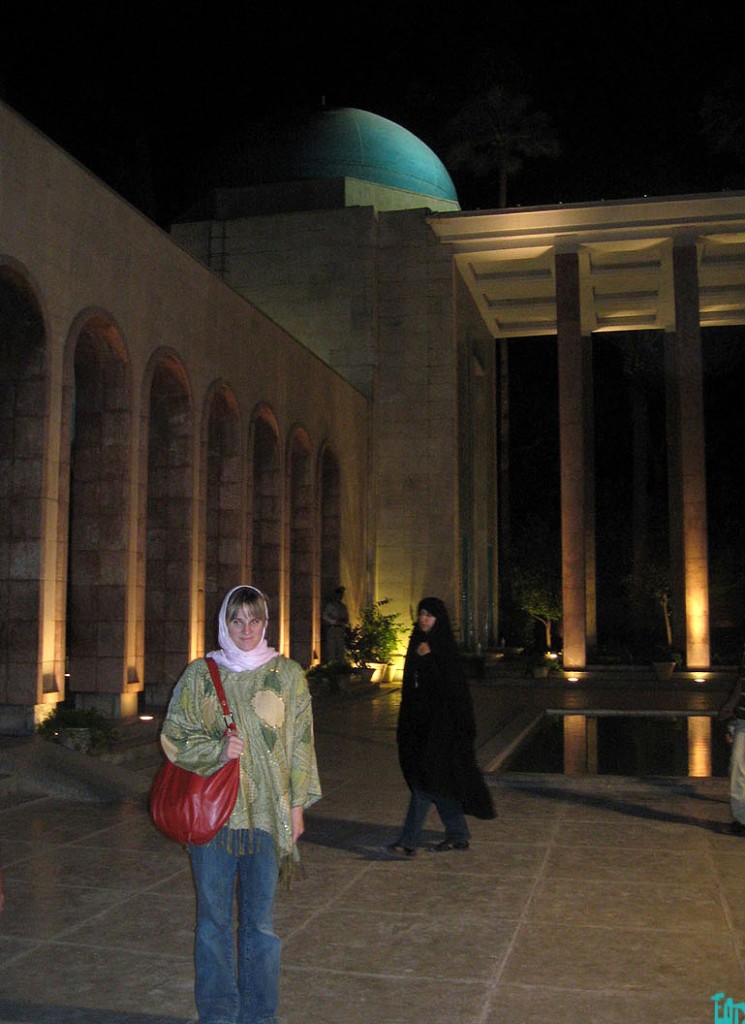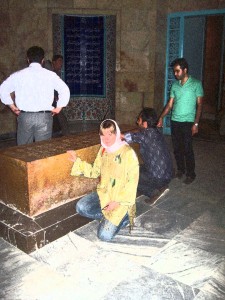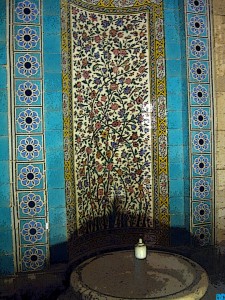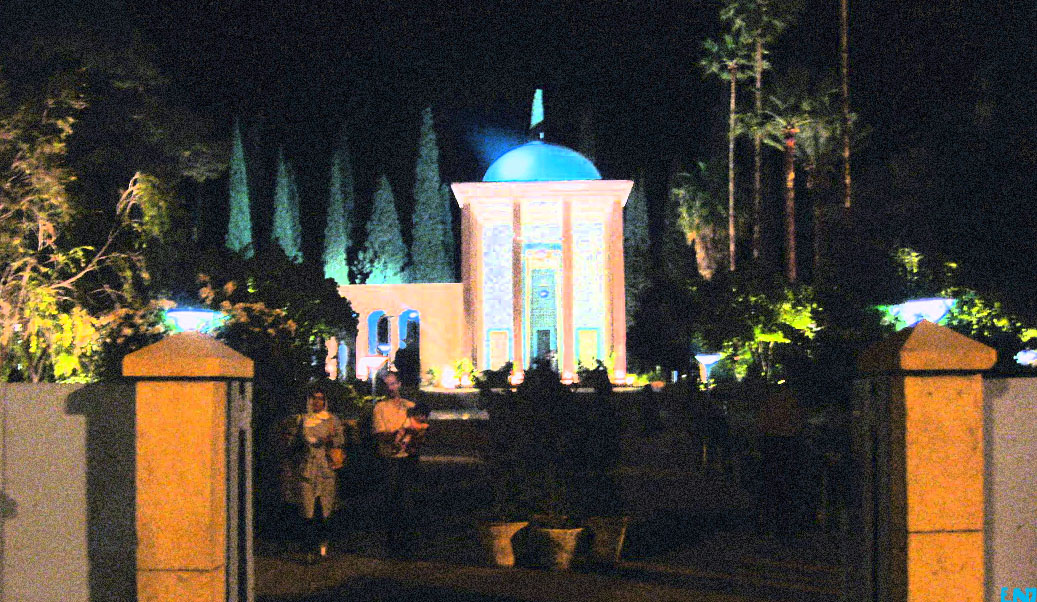Human beings are members of a whole,
In creation of one essence and soul.
If one member is afflicted with pain,
Other members uneasy will remain.
If you’ve no sympathy for human pain,
The name of human you cannot retain!
— Saadi
The poem above was written by the Persian Sufi poet Saadi (d. 1291)–the first Persian poet to be translated into English. The poem is displayed in the Hall of the United Nations in New York, and when President Obama sent a Persian New Year’s greeting to the people of Iran in 2009, he said “But let us remember the words that were written by the poet Saadi, so many years ago: The children of Adam are limbs to each other, having been created of one essence.”
Saadi, like many Sufis of his time, spent a significant amount of time traveling throughout the Middle East and Central Asia–including Syria. Though I’ve spent the past decade trying to follow in his footsteps, he’s got me beat by several decades of wandering–since his far flung journeys lasted thirty years. When I arrived at his tomb in the garden paradise city of Shiraz in Iran, I paid my respects by kneeling at his side–just as the Iranians visiting his tomb that night had showed me to do.
In the days of Saadi and Rumi, many dervishes didn’t exactly “choose” to wander–the Mongol invasions pushed waves of people, including Sufis, far away from their homes. Between the attacks of the Crusaders and Mongols, it was a time of extreme upheaval and chaos, with many displaced for decades–wandering for years to escape the unstable conditions which followed in the wake of so many Mongol sacks.
It is often forgotten that the peaceful poems of Rumi and Saadi were written during a time marked by war, refugees, and extreme brutality. Their pleas for peace and tolerance were not created in a vacuum–they were born from the painful reality of having witnessed first-hand the horrors of war on the minds, bodies, and spirits of those around them. The inclusion of Christian, Buddhist and Zoroastrian references in their poems was not fanciful or accidental–while on the move to escape the Mongols, they came in contact with people from many different religions, and all walks of life. Saadi himself was even captured for several years by the Crusaders–but insisted on promoting a message of love after his release, despite the hate he had faced. His focus on love and unity–like that of so many medieval Sufi poets–was forged in the fire of bloody conflict and mass suffering.Today, people from all over the world are celebrating International Peace Day. Russia is celebrating with a 24 hour charity broadcast, and in Turkey there are already thousands of people taking to the streets of Istanbul to march for peace. The world, as in the time of Saadi and Rumi, is still plagued with extraordinary amounts of violence on all levels–from the war machines fueling geopolitical conflicts to the passive aggressive exchanges of every day life. But today–for these 24 hours–millions around the world are thinking of peace–whether it’s just by reading a tweet about it, or by taking part in one of today’s demonstrations. Wouldn’t it be great, if every day was International Peace Day? Or, if no day was–because peace was all there is?
For International Peace Day here in Beirut, the UN is sponsoring the first online demonstration for peace from Beirut to the world–to encourage peaceful co-existence and understanding. To join in the online demonstration today and discuss peace with participants in Beirut, please visit Demonstrate for Peace. It’s amazing to think that sharing a moment of peace with a stranger from the other side of the world is just a click away…



